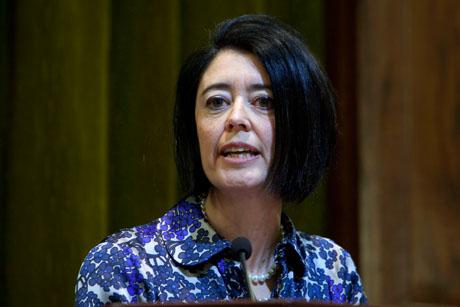
How does it change our notion of time, history and ethics?
Montserrat Herrero
 Modern historical narratives used to depict the future as a human endeavor to reach a previously predicted state. But the disruptive nature of an unexpected event, such as a pandemic, has challenged this way of depicting the future.
Modern historical narratives used to depict the future as a human endeavor to reach a previously predicted state. But the disruptive nature of an unexpected event, such as a pandemic, has challenged this way of depicting the future.
The health crisis could be seen as the end of a cycle in which history seemed predictable and manageable, in which the future was our task. It is also the experience of the incapacity of our own forces and the emergence of the concept of prophetic time, of hope for a better future. The expansion of technologies had made us believe we were the masters of the world; but the pandemic has shown us what our power is over a small dysfunction: very little. It seemed that we were going to achieve immortality with posthumanism and it turns out that millions of people have died. Even if someone had provoked the pandemic, he could not have predicted its consequences. It is this form of instrumental rationality that is in crisis. An ethics of conviction is needed: truthfulness, commitment to one's word and withdrawal.
|
Download the audio (40.1 MB) |
Table of contents:1'30" - When we thought that pandemics were a thing of the past... 3'50" - Understanding life from our past, present and future. 6'40" - Hope for a secure future. 10'30" - How to interpret history. 12'10" - Can people freely build our future? 15'50" - The next world crisis will be technological. 18'00" - The social changes generated by the pandemic. |

